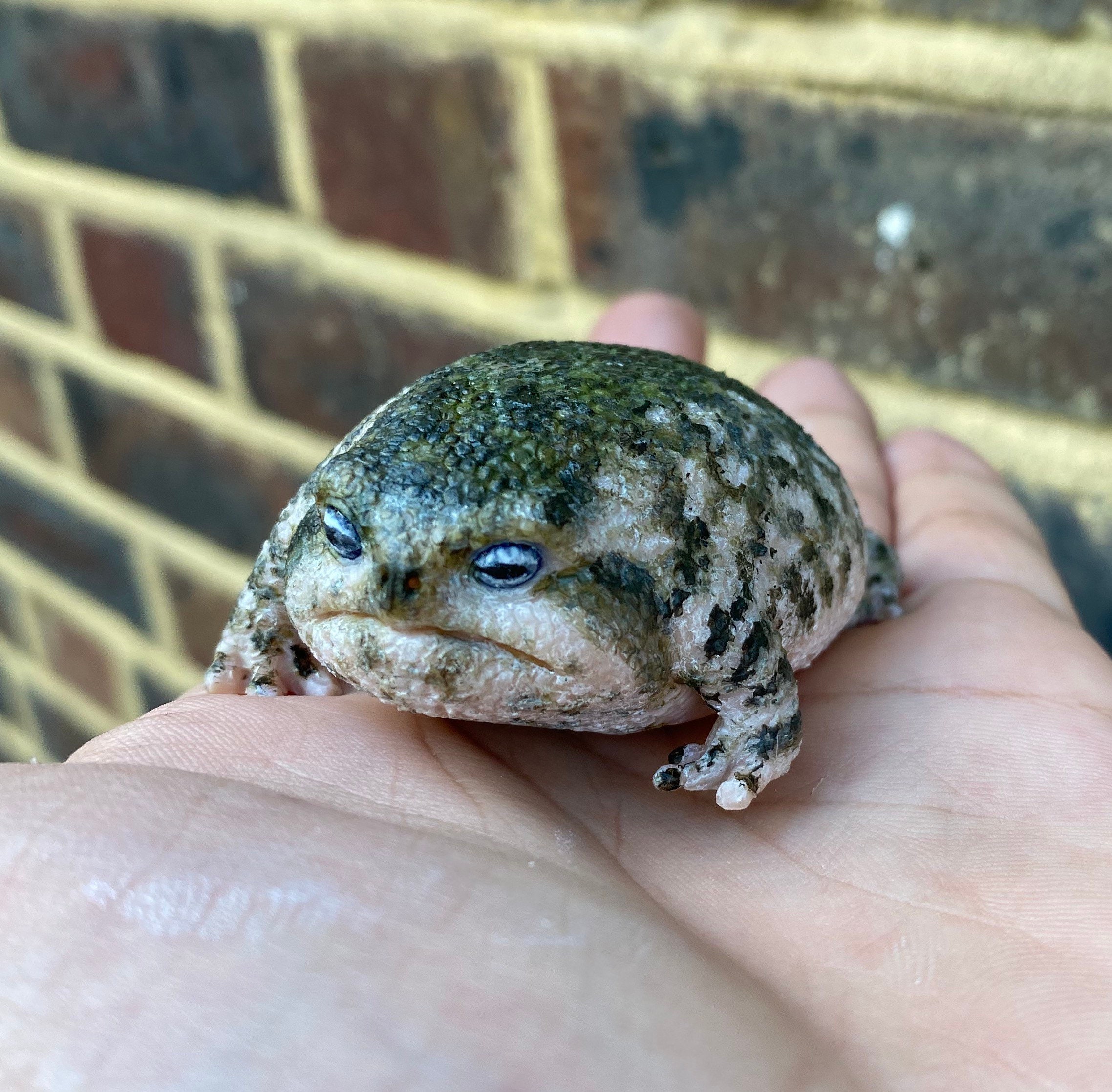Uncover Rare Rain Frog for Sale: Raise Your Amphibian Collection Today!
Common Health And Wellness Issues in Reptiles: Signs and Solutions
In the complex globe of reptile care, comprehending the typical health and wellness issues that may affect these unique creatures is paramount in guaranteeing their health. From respiratory system infections that can quietly take hold to metabolic bone diseases that can debilitate, reptiles are susceptible to a series of disorders that need keen observation and prompt intervention. Whether it's grappling with parasitical problems, navigating dehydration concerns, or addressing skin disorders that materialize in subtle means, being in harmony with the signs and geared up with the expertise of efficient services is important for any kind of reptile proprietor. By delving better into the subtleties of these health and wellness problems and checking out the sensible treatments available, one can guard the health and wellness and vitality of these interesting pets.
Respiratory System Infections
Breathing infections in reptiles can substantially influence their overall health and wellness and call for punctual attention from experienced veterinarians. These infections are typically triggered by microorganisms, fungis, or infections and can materialize through symptoms such as wheezing, nasal discharge, open-mouth breathing, and sleepiness. In reptiles, respiratory system infections can be particularly testing to detect and deal with because of their distinct composition and physiology. Veterinarians typically count on a mix of health examinations, diagnostic imaging, and laboratory tests to properly recognize the underlying source of the infection.
Treatment for respiratory infections in reptiles typically entails a mix of supportive treatment, such as preserving proper moisture levels and temperature level gradients in the enclosure, along with targeted medicine to resolve the details microorganism accountable for the infection. It is essential for reptile owners to check their pet dogs closely for any kind of signs of respiratory distress and look for veterinary treatment at the earliest indication of a problem. With timely treatment and suitable therapy, numerous reptiles can recoup completely from respiratory system infections and resume regular activities.
Metabolic Bone Illness
What factors add to the growth of Metabolic Bone Disease in reptiles?
Metabolic Bone Illness (MBD) in reptiles is largely caused by an absence of proper calcium, phosphorus, and vitamin D3 levels in their diet plan. In addition, poor direct exposure to UVB light stops reptiles from synthesizing vitamin D3, which is vital for calcium absorption and bone wellness.
Various other adding factors to MBD include improper temperature slopes within the reptile's environment, leading to decreased metabolism and impaired calcium absorption. Insufficient humidity degrees can additionally influence a reptile's capability to metabolize calcium successfully. In addition, particular reptile types have certain nutritional demands that, if not met, can increase the likelihood of creating MBD. Routine veterinary exams, appropriate husbandry methods, and a well balanced diet plan are vital to protect against Metabolic Bone Condition in reptiles.
Parasitical Infestations
Parasitical infestations posture a considerable wellness risk to reptiles, impacting their overall well-being and calling for timely vet attention. Reptiles can be affected by different bloodsuckers, consisting of mites, ticks, inner worms, and protozoa. These parasites can cause an array of signs, such as fat burning, lethargy, skin irritability, looseness of the bowels, and even fatality if left without treatment.
One typical parasite found in reptiles is the mite, which can trigger skin anemia, irritation, and anxiety. Ticks are an additional external bloodsucker that can transmit conditions and create pain to the reptile. Internal bloodsuckers like worms and protozoa can bring about digestive system concerns, lack of nutrition, and weaken the reptile's immune system.
To diagnose a parasitic problem, a veterinarian may do fecal tests, skin scrapings, or blood examinations. Treatment often involves deworming drugs, antiparasitic bathrooms, or in extreme cases, a hospital stay. Preventative actions such as normal vet check-ups, proper health, and quarantine procedures for new reptiles can assist decrease the threat of parasitical problems and ensure the well-being of reptile pet dogs.
Dehydration and Hydration Issues
Dehydration in reptiles can dramatically influence their health and health, requiring timely intervention and ideal hydration monitoring. If left neglected, dehydration can lead to major health problems and even be deadly to the reptile.
To avoid dehydration, reptile proprietors must guarantee that their pets have accessibility to tidy water in any Read More Here way times. The water dish must be large sufficient for the reptile to take in if needed, specifically for types that absorb water with their skin. In addition, preserving correct humidity degrees in the reptile's unit and offering normal baths can assist prevent dehydration.
In situations of dehydration, it is important to look for veterinary care without delay. A veterinarian may carry out liquids either orally or with shots to rehydrate the reptile. It is necessary to attend to the underlying source of dehydration to avoid reappearance and make sure the reptile's general health.
Skin Ailments

Final Thought

Respiratory system infections in reptiles can substantially impact their total health and wellness and require punctual interest from experienced vets (rain frog for sale). Preventative actions such as routine veterinary check-ups, correct health, and quarantine treatments for new reptiles can help lessen the threat of parasitic invasions and ensure the well-being of reptile animals
If left neglected, dehydration can lead to significant health and wellness issues and also be deadly to the reptile.
Regularly inspecting your reptile for any changes in skin texture, color, or look can assist in very early discovery and treatment of skin conditions, advertising the total health and wellness of your scaly companion. - rain frog for sale
In final thought, blog here reptiles are vulnerable to various health concerns such as respiratory system infections, metabolic bone disease, parasitic problems, dehydration, and skin disorders.